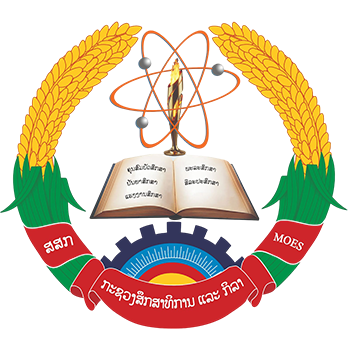Several studies around the world indicate that local ethnic teachers are better for remote communities, especially ethnic communities. Local ethnic teachers understand the language and the culture of their students, critical for the first years of schooling and Lao language acquisition.
In a country with nearly 50 different ethnic groups, many children in remote villages have never been exposed to Lao language when they first start school. Nobody is better placed than local teachers to provide a language bridge and help the children of their ethnic community to speak, read, write Lao and count well—skills that are essential to get a job and be prepared for their adult life. Moreover, local teachers are more likely to remain in the village and local female teachers will be a role model for women, especially young girls, in their own communities.
The BEQUAL teacher scholarship program, in collaboration with MoES, is supporting 361 local students from remote and rural locations.Mr Sipasert Somphone is one of them. He comes from Savannakhet Province, Ban Theum Noy, the Makong village visited by the Australian Ambassador during his first official trip. “At the ground-breaking ceremony of our new school building, the Ambassador asked who will be the new future teacher in this village. I was so proud to raise my hand!”
He continues explaining, “It has always been my dream to become a teacher and I worked hard at school. When I graduated from lower secondary, the village education development committee introduced me to the BEQUAL teacher scholarship program and I applied straight away. I was selected and started to study at Savannakhet TTC in September 2015; the learning was intense and very interesting”.
Like other teacher students in their final year, Sipasert completed his 12 weeks’ practicum last semester in a primary school of his targeted district. “I taught all the nine subjects during the practicum. The most challenging part was lesson planning. I had to prepare my teaching techniques for every subject one day ahead. I had to think how I can explain that topic to be sure my students will understand. The other difficulty is how to deal with misbehaving students—how to get them interested and engaged in my lesson. I gained a lot of confidence from the practicum. Now I can’t wait to come back in my village as … the new primary teacher!”



 ພາສາລາວ
ພາສາລາວ